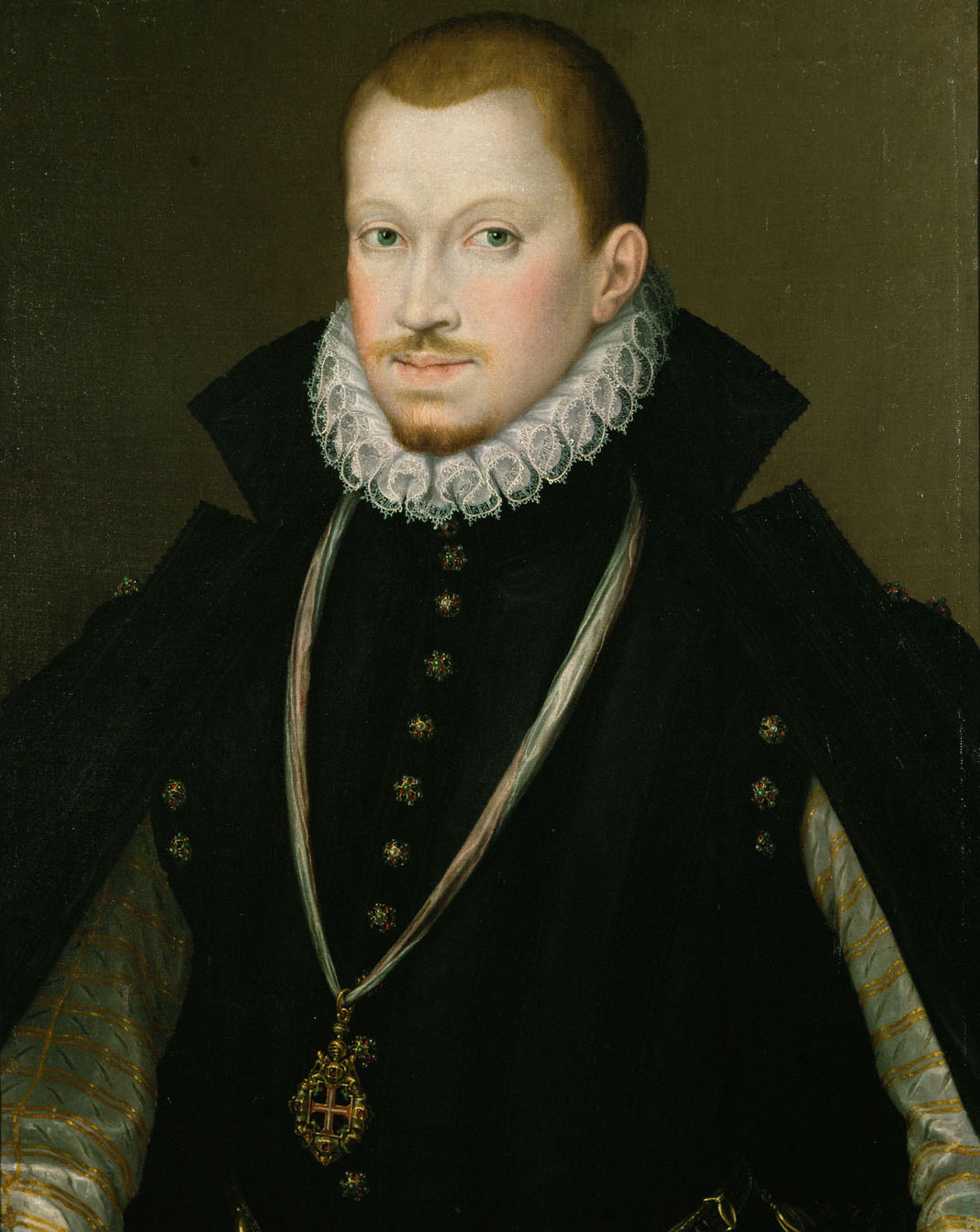The Battle of Three Kings
Or, The Best Way to Trigger a Succession Crisis

Alonso Sánchez Coello, Don Sebastian de Portugal, ca. 1575. Kunsthistorisches Museum, Vienna. From WikiCommons.
In 1578, King Sebastian I of Portugal (r. 1557-1578) was obsessed with the idea of annihilating the infidels in a crusade: the nearest ruler against whom undertaking such a bold venture was Abd al-Malik, the Sultan of Morocco who had reclaimed his kingdom with the help of the Ottomans, to whom he had sworn allegiance. This was a foolish idea in itself, for embarking on a dangerous campaign in the sweltering heat of Morocco in August was a potential suicide. Sebastian had been lured into such an enterprise by the ousted sultan Abdallah Muhammad, who had found refuge in Portuguese-occupied Ceuta and made Sebastian an offer impossible to refuse: if Sebastian invaded Morocco, deposed the usurper al-Malik and restored the former sultan as the rightful ruler, Abdallah would offer himself as a vassal ruler to the Portuguese Crown. Fought on August 4, 1578, the brutal Battle of Alcazarquivir - or Battle of Three Kings - saw the death of all three participants. Al-Malik, the incumbent ruler defending his kingdom, was mortally ill before the battle began. In addition, both Sebastian and Abdallah Muhammad died on the battlefield - Sebastian, last seen charging the enemy army, "was probably unknown to his assassins as the last undisputed king of the Portuguese House of Avis that had ruled the kingdom since 1385". In addition to legitimating and consolidating the power of Morocco's only claimant to the throne - Ahmad al-Mansur, al-Malik's surviving brother - the battle opened one of the most dramatic succession crises in modern European history, as Sebastian had no direct heirs. His only successor was his uncle, Cardinal Henry, the only living son of the famous Manuel I, but there was another huge problem: King Philip II of Spain, on his mother's side, had ambitions on the Portuguese throne, since by obtaining that throne he would have access to the transatlantic Portuguese and Indian domains. Philip II would succeed in completing the Union of the Crowns - also called the Iberian Union - in 1580.
Jerry Brotton, This Orient Isle: Elizabethan England and the Islamic World (London: Penguin, 2017), 80-88.
Miguel Ángel Bunes Ibarra and Enrique García Hernán, 'La muerte de D. Sebastián de Portugal y el mundo mediterráneo de finales de siglo XVI', Hispania. Revista espanola de historia 54, no. 187 (1994): 447–65.
2025-06-27
Giacomo Tacconi
